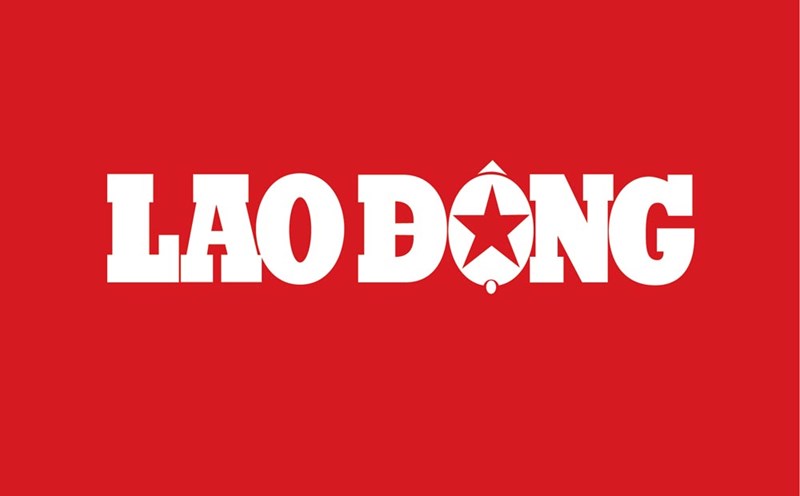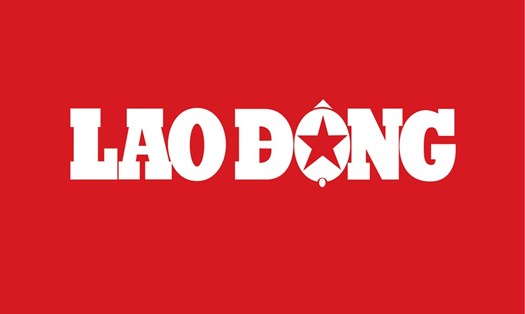The US Senate is moving to maintain sanctions on the Gazprom-owned Nord Stream 2 pipeline when they expire at the end of 2024. The US Senate must also push for and expand sanctions on the Nord Stream pipeline to strengthen Ukraine's security and enhance Europe's energy independence, according to Alan Riley, a scholar at the Atlantic Council.
In 2020, the US issued the European Energy Security Protection Act (PEESA), which imposed sanctions on foreign parties that provided vessels or ancillary services in the construction of the Nord Stream 2, TurkStream pipeline or any inheritance project of those projects to create new routes for Russian gas to the European Union (EU).
The Nord Stream 2 pipeline was built to provide an additional 55 billion cubic meters of Russian gas per year via the Baltic Sea to Germany.
In September 2022, explosions destroyed two branches of the Nord Stream pipeline, each carrying up to 27.5 billion cubic meters of Russian gas to Germany before the conflict broke out in Ukraine. One branch of the Nord Stream 2 pipeline was destroyed in the explosion, and one branch of the pipeline remained intact.
According to scholar Alan Riley, PEESA should be extended to prevent any Nord Stream pipeline from being put into operation. In addition to imposing sanctions on activities supporting the "building" of Nord Stream 2, the word "or reconstruction" should be added to apply sanctions to repairs to the pipeline.
The writer said that PEESA should also be expanded to Nord Stream as it is clear that both branches of the pipeline need to be repaired before they can be put back into operation.
The Atlantic Council writer also pointed out that expanding PEESA to Nord Stream would also enhance Ukraine's security. This move would prevent Russia from implementing gas deals in Western Europe to isolate Ukraine from Russia's economic and military power.
Instead, Ukraine will achieve leverage: Most of Russia's gas exports to the EU will have to transit through Ukraine. This would give Kiev greater bargaining power with Moscow and open up the prospect of effectively taxing Russian gas to pay for reconstruction, thereby reducing costs for the West in rebuilding Ukraine.
Kiev is not currently seeking to extend the contract for the transport of Russian gas through the country when it expires at the end of December. However, once the conflict ends, the flows could provide Ukraine with the ability to negotiate and a source of revenue for compensation.
On the other hand, Nord Streams exclusion from PEESA sanctions would undermine Europes energy security by making it dependent on Russian gas.
Before February 2022, the EU imported 45% of its gas from Russia - in Germany alone, the figure was 55%. Expanding PEESA to Nord Stream will encourage further diversification of supply and make Europe less likely to depend on Russian energy again.











